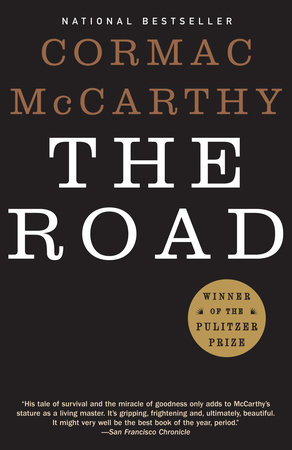 Smuchador
Smuchador@op do you recommend to watch or read the neapolitan novels or both?
oh man, ya gotta do both

the Neapolitan novels are so good and real page turners and then My Brilliant Friend gotta be one of the most underrated TV shows of the past ten years. the final season should drop this year too
I saw the first two seasons, then read the novels, then watched the third season. there are some minor differences between the books and show but they are both excellent
Finished this last week. Good insight into how racism touches basically every facet of public services in America. Looking for something a little lighter for my next read lol

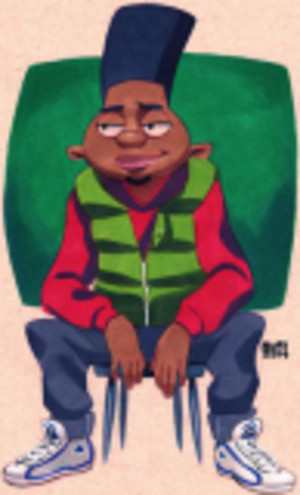 Mr Motion
Mr MotionI’ve been binging the Sun Eater book series by Christopher Ruocchio. Finished Empire in Silence, and Howling Dark in a week.
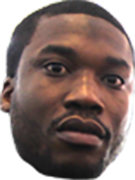
I’ve already started on Demon in White. This is… like Dune, Star Wars, Gladiator, Hyperion, Mobile Suit Gundam (U.C) and more
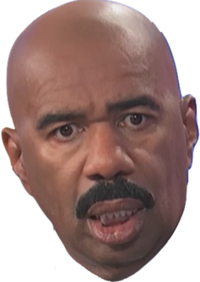
Each book expands the lore, the world building it’s satiated a thirst I’ve had for a long time now. This might be my new Star Wars

I'm close to finishing up book 5... Ashes of Man of the Sun Eater series. This is like... Star Wars x Berserk x Legend of the Galactic Heroes x Dune. Hadrian Marlowe, is one hell of a character.

I gotta write down a full review at some point. More people need to read this series. This is a modern classic.
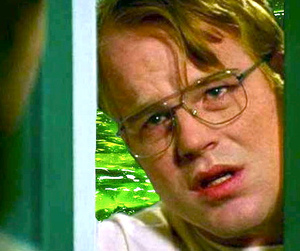 Count Contessa
Count ContessaWho read hurricane season? That was f***ing great just finished it.
I read it. Very disturbing
man, what a beautiful yet tragic story. my first cormac book and it was amazing. I could see how this book inspired a lot of apocalyptic media (TLOU, etc)
 CRACKASTEPPAVEGAN
CRACKASTEPPAVEGANI read it. Very disturbing
Damn I though it was dark and brilliant I’m reading monstrilio by Cordova now if you h be anything as bleak as hurricane season to suggest I’m all ears.
 Count Contessa
Count ContessaDamn I though it was dark and brilliant I’m reading monstrilio by Cordova now if you h be anything as bleak as hurricane season to suggest I’m all ears.
Paradise by the same author

Finished reading Heads by Jesse Jarnow.

Loved it, lots of interesting stories and mythologies of american psychedelic culture from the 60s onwards to like 2015ish, and the influence it had on things i never would have thought, eg emails. Highly recommend if you are a fan of that whole hippy countercultural movement or the grateful dead (i wasnt a massive fan of them before reading but now i understand the appeal). I loved the writing style, frequently cracking tongue in cheek jokes along with its rapid fire of new stories - there were few parts where i was uninterested and felt like it was dragging.
started this year with some heaters
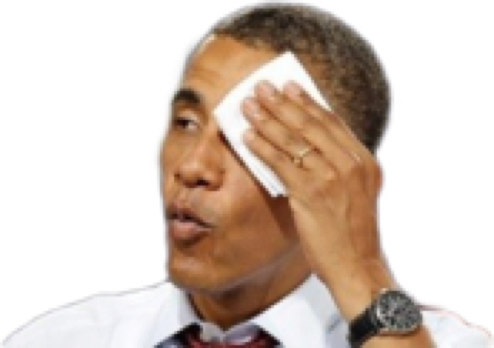
Mother Night by Kurt Vonnegut

always enjoy K Von, and this was an entertaining read about a alleged WWII war criminal coming to grips with what he's done and living with the consequences. wouldn't consider it his best work but still worth reading if you like Vonnegut
8/10
Fathers and Sons by Ivan Turgenev

19th century Russian novel about young friends from different backgrounds embarking on their adulthood. the class differences and nihilistic philosophies seemed just as relevant today and this was a moving exploration of family, culture, love, duty and friendship
8.5/10
My Year of Rest and Relaxation by Otessa Moshfegh
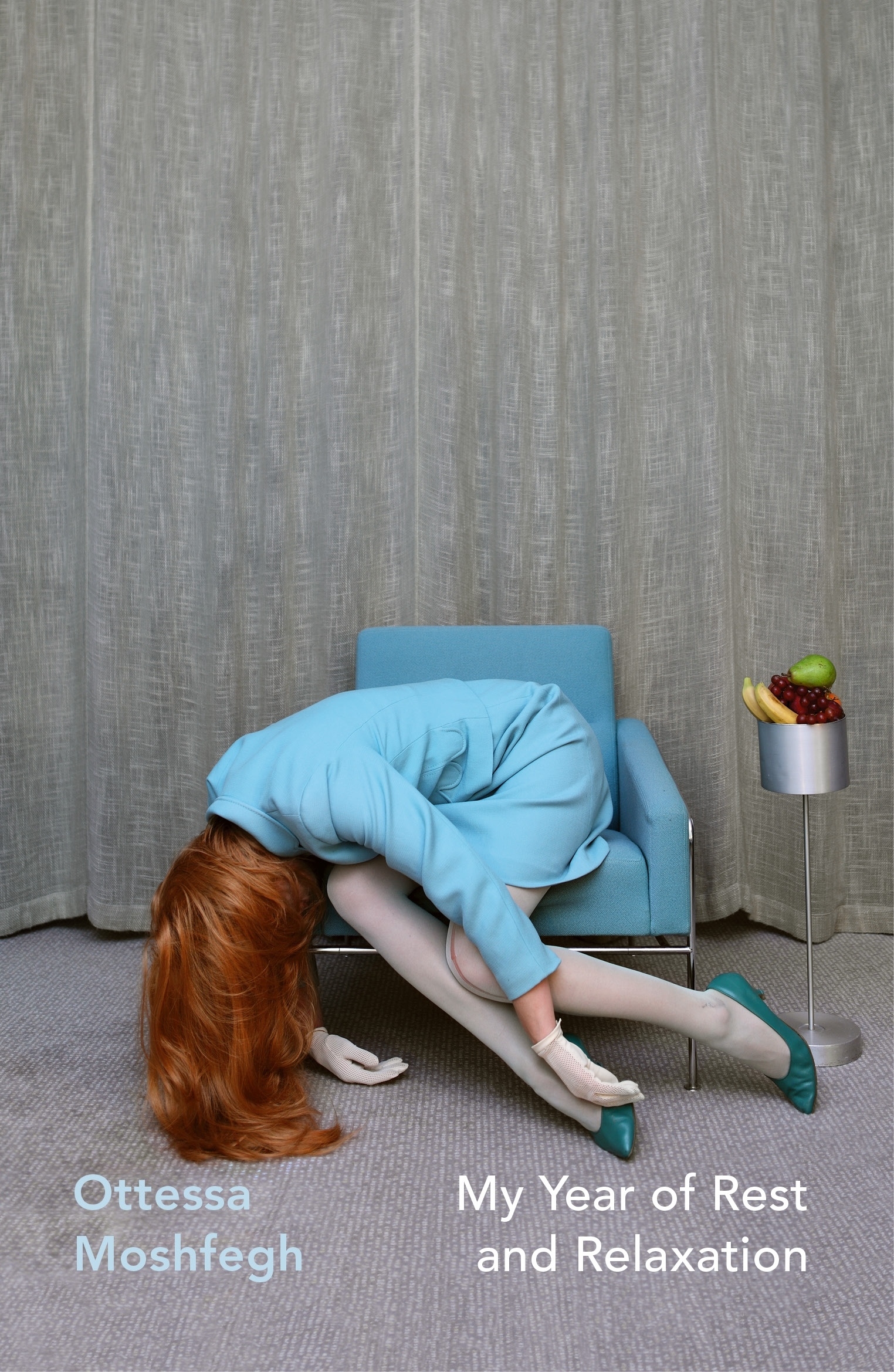
if you've ever wanted to drop everything and focus on sleep for a day, week, month, or year than this book is for you. told from the perspective of a disillusioned young woman in NYC in 2000, this novel resonated with me more than it should've in portraying depression and ennui. can see why people would hate this but it worked for me and I love Moshfegh's prose
8/10

3/5
Kinda entertaining but also stupid, about a peckerwood who ends up on a road trip getting involved with a cast of characters across the states. Reminded me of something The Coen Bros would have made early in their career, think Nic Cage in Raising Arizona as the main character. Heard Portis got better books so maybe I just picked the weakest one.

Maybe the best book I'll ever read. This has got everything Bolano: poets-as-revolutionaries, the self insert character who blurs the lines between fiction and autobiography, the obsession with casting Latin America as a graveyard waiting to be filled. It also has some of the most beautiful prose probably ever written, and some truly fantastic wordplay that legitimately made me laugh ("Though there were no eagles around, I saw an eagle eyed view...").
Auxilio Lacouture is the mother of all Mexican poetry (by her claim) despite not being Mexican (or maybe even a poet?), perhaps mirroring Bolano's own feelings as a Chilean writing so often about Mexico and Mexicans. As she hides in the bathroom of a Mexico City University to avoid a militarized police occupation she casts backwards and (somewhat confusingly) forward through time to tell her life story. The bathroom frame narrative actually doesn't come up very often but acts as a lens through which Auxilio views her entire life.
Arturo Belano is Bolano's fictional alter-ego who shows up (and stars) in many of his novels and is largely featured here as a poet with whom Auxilio spends much of her time. This raises a question of Bolano's (the author's) commitment to truth telling in his semi-biographical works. Auxilio talks of Belano (the character) falling into d*** abuse, traveling to Allende's Chile (Bolano's/Belano's (the author's and the character's) home country) and coming back to Mexico City a haunted man, and being party to the birth of a new wave of Mexican poets. All of this is true, and all of this is false depending on how much you believe in Bolano's (the author's) desire to purposely mislead the reader, to use the frame of biography as a purposeful trick to play: his characters inhabit a real world that differs from our real world just as much or as little as Bolano (the author) and the reader want it to.
One of the more notable aspects of this book is that it is the only text written by Bolano wherein the number 2666 appears (disregarding the book titled that, which never actually has "2666" appear in its text). Auxilio describes a street in Mexico City, Avenida Guerrero, as more like "... a cemetery in the year 2666" than an avenue. And thus again is referenced Bolano's great obsession: Latin America (Mexico, Chile, and Uruguay in this book) is a land of corpses. One must imagine a cemetery in 2666 as a decrepit, overgrown, forgotten place, so many people having walked over the graves inside that they are no longer recognizable mounds. Many of Bolano's books seem to carry this conflation of the land of Latin America with death and violence: 2666 references hundreds of killings carried out in a fictional Mexican city, By Night in Chile has a preoccupation with Pinochet's mass graves filled with Chilean citizens, The Savage Detectives' frequent travels leave wakes littered with dead bodies. It's inescapable, reading Bolano's work one feels a claustrophobic sense of dread, of the walls of a grave closing in with each word. The further I read the more I became certain Auxilio's story ends with the walls of her bathroom stall becoming coffin walls.
And yet -- in perhaps the most cathartic, soaring part of this novel Bolano commits to memory the names of some of history's most celebrated writers, Latinx and not, for several straight pages. In what seems to be an effort to save them from the fate of unidentified graves in the year 2666 he has Auxilio deliver prophecy describing the futures of dozens of real world authors: some are reborn, some are critically re-evaluated, some enter Purgatory. All this is prophesied to happen between the 20th and 22nd century, notably no prediction sees further into the future than the year that hangs over the book: 2666. Perhaps Bolano is saying that regardless of Auxilio's prophecy, regardless of Purgatory, regardless of the appreciation of their work, we will all eventually end up in " ...a cemetery in the year 2666, a forgotten cemetery under the eyelid of a corpse or an unborn child, bathed in the dispassionate fluids of an eye that tried so hard to forget one particular thing that it ended up forgetting everything else. "
5/5 stars, again probably the best book I've ever read.
The Shards by Bret Easton Ellis

4.5/5
EDIT 5/5 the more i think about it, the more i realize how much i love the excessiveness and ambiguity of this book
im just gonna assume every rich white guy in l.a. is gay
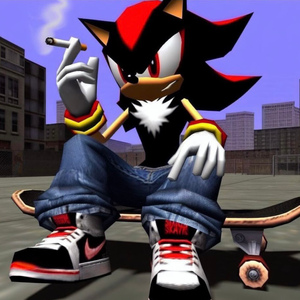 Sir Swagalot· edited
Sir Swagalot· editedThe Shards by Bret Easton Ellis

4.5/5
EDIT 5/5 the more i think about it, the more i realize how much i love the excessiveness and ambiguity of this book
im just gonna assume every rich white guy in l.a. is gay
I had my eye on this, BEE is one of those authors you either love or hate. I thought he fell off after his last joint but this seems like a return to form. Lunar Park another great one with a similar vibe from him
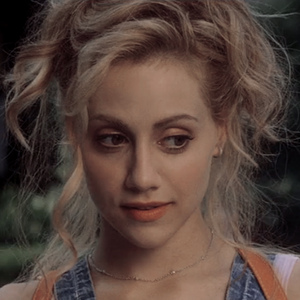 Koala
KoalaI had my eye on this, BEE is one of those authors you either love or hate. I thought he fell off after his last joint but this seems like a return to form. Lunar Park another great one with a similar vibe from him
this is the first book ive read from him tbh. from what other people have said, this is everything that they love about BEE rolled into one
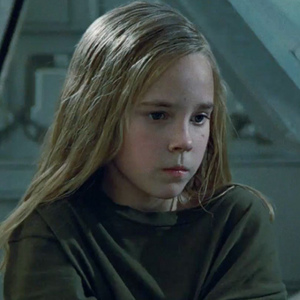 HrdBoildWndrlnd
HrdBoildWndrlnd
Maybe the best book I'll ever read. This has got everything Bolano: poets-as-revolutionaries, the self insert character who blurs the lines between fiction and autobiography, the obsession with casting Latin America as a graveyard waiting to be filled. It also has some of the most beautiful prose probably ever written, and some truly fantastic wordplay that legitimately made me laugh ("Though there were no eagles around, I saw an eagle eyed view...").
Auxilio Lacouture is the mother of all Mexican poetry (by her claim) despite not being Mexican (or maybe even a poet?), perhaps mirroring Bolano's own feelings as a Chilean writing so often about Mexico and Mexicans. As she hides in the bathroom of a Mexico City University to avoid a militarized police occupation she casts backwards and (somewhat confusingly) forward through time to tell her life story. The bathroom frame narrative actually doesn't come up very often but acts as a lens through which Auxilio views her entire life.
Arturo Belano is Bolano's fictional alter-ego who shows up (and stars) in many of his novels and is largely featured here as a poet with whom Auxilio spends much of her time. This raises a question of Bolano's (the author's) commitment to truth telling in his semi-biographical works. Auxilio talks of Belano (the character) falling into d*** abuse, traveling to Allende's Chile (Bolano's/Belano's (the author's and the character's) home country) and coming back to Mexico City a haunted man, and being party to the birth of a new wave of Mexican poets. All of this is true, and all of this is false depending on how much you believe in Bolano's (the author's) desire to purposely mislead the reader, to use the frame of biography as a purposeful trick to play: his characters inhabit a real world that differs from our real world just as much or as little as Bolano (the author) and the reader want it to.
One of the more notable aspects of this book is that it is the only text written by Bolano wherein the number 2666 appears (disregarding the book titled that, which never actually has "2666" appear in its text). Auxilio describes a street in Mexico City, Avenida Guerrero, as more like "... a cemetery in the year 2666" than an avenue. And thus again is referenced Bolano's great obsession: Latin America (Mexico, Chile, and Uruguay in this book) is a land of corpses. One must imagine a cemetery in 2666 as a decrepit, overgrown, forgotten place, so many people having walked over the graves inside that they are no longer recognizable mounds. Many of Bolano's books seem to carry this conflation of the land of Latin America with death and violence: 2666 references hundreds of killings carried out in a fictional Mexican city, By Night in Chile has a preoccupation with Pinochet's mass graves filled with Chilean citizens, The Savage Detectives' frequent travels leave wakes littered with dead bodies. It's inescapable, reading Bolano's work one feels a claustrophobic sense of dread, of the walls of a grave closing in with each word. The further I read the more I became certain Auxilio's story ends with the walls of her bathroom stall becoming coffin walls.
And yet -- in perhaps the most cathartic, soaring part of this novel Bolano commits to memory the names of some of history's most celebrated writers, Latinx and not, for several straight pages. In what seems to be an effort to save them from the fate of unidentified graves in the year 2666 he has Auxilio deliver prophecy describing the futures of dozens of real world authors: some are reborn, some are critically re-evaluated, some enter Purgatory. All this is prophesied to happen between the 20th and 22nd century, notably no prediction sees further into the future than the year that hangs over the book: 2666. Perhaps Bolano is saying that regardless of Auxilio's prophecy, regardless of Purgatory, regardless of the appreciation of their work, we will all eventually end up in " ...a cemetery in the year 2666, a forgotten cemetery under the eyelid of a corpse or an unborn child, bathed in the dispassionate fluids of an eye that tried so hard to forget one particular thing that it ended up forgetting everything else. "
5/5 stars, again probably the best book I've ever read.
Im reading a book of him, i have read a lot of writers, hes sounding like the best one i've read so far
 Sir Swagalot
Sir Swagalotthis is the first book ive read from him tbh. from what other people have said, this is everything that they love about BEE rolled into one
Less Than Zero and American Psycho are certified classics but Lunar Park is an unsung hero. I think you'd probably enjoy all of them if dig BEE
 shelvessetter
shelvessetterIm reading a book of him, i have read a lot of writers, hes sounding like the best one i've read so far
Which one are you reading? He's just so fun to read
 Purrp 🌚Jan 31, 2024
Purrp 🌚Jan 31, 2024Normal People by Sally Rooney
Really enjoyable, reminded me of an ex which made the ending hurt even more
Daisy Jones & The Six by Taylor Jenkins Reid
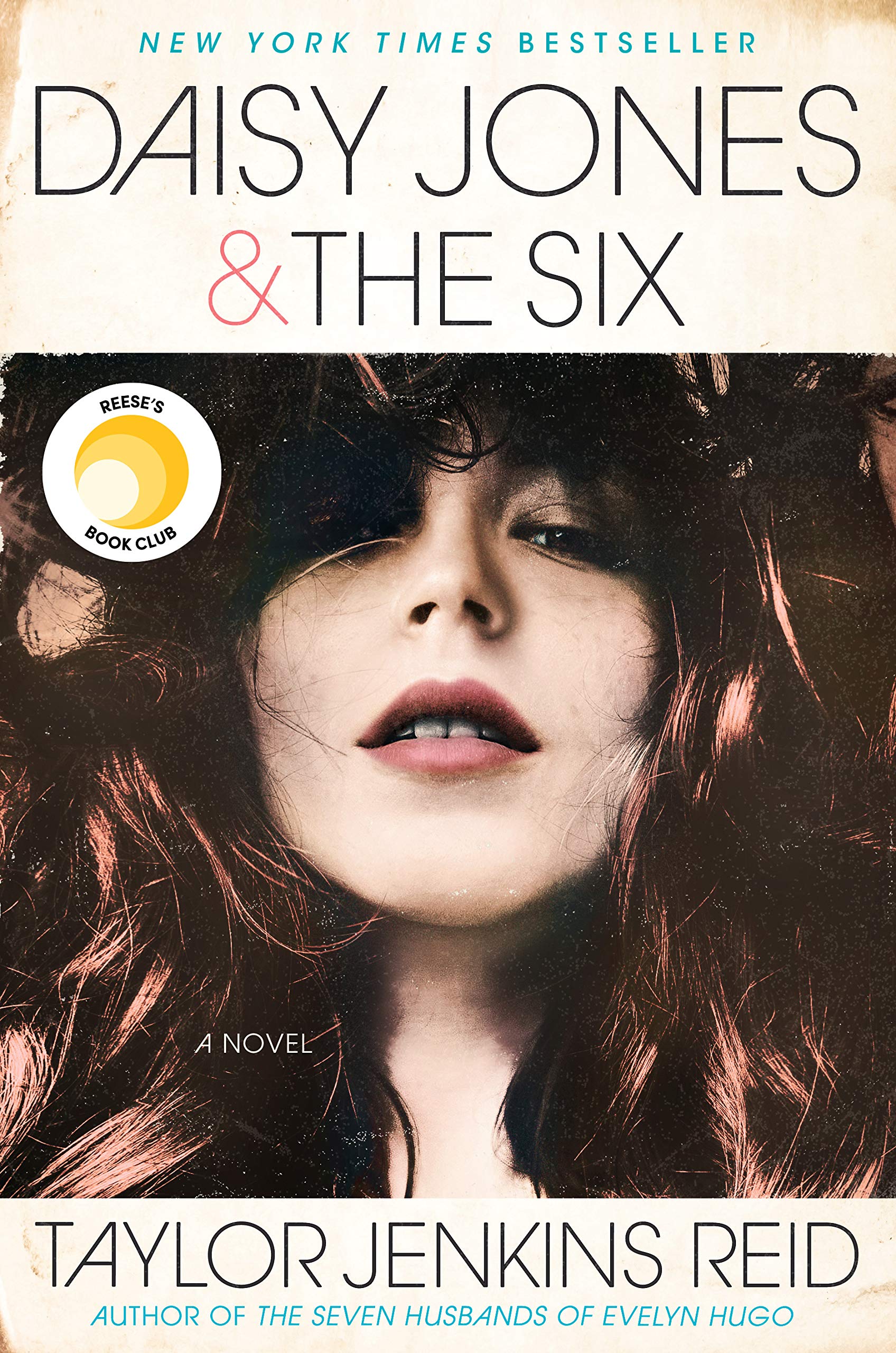
3.5/5
after taking my time with The Shards, i pummeled through this book in 3 days. while this is something that i generally would not gravitate towards if i just saw it sitting on the shelf at the store, i picked it up anyway...and surprise surprise it was actually entertaining. is it corny at points and do some characters feel underwritten? yes, but im ngl and say i didn't enjoy it. if you want a light read and enjoy 60s/70s classic rock you will like this

